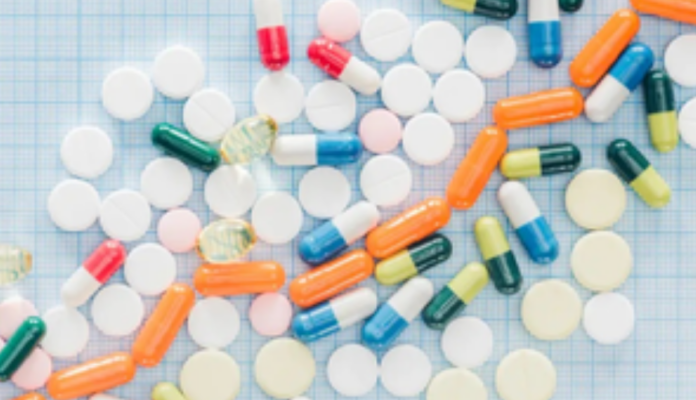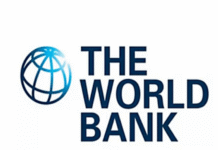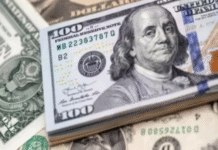New Delhi— India’s pharmaceutical industry, globally recognized for supplying affordable generic medicines, is on track for continued expansion. Experts at India Ratings project a year-on-year growth rate of 7.8% by April 2025, fueled by strong demand and the introduction of new pharmaceutical products.
Currently ranked third in the world by volume and 14th by value, India contributes nearly 20% of the global supply of medicines. In the fiscal year 2023–24, the industry recorded a turnover of Rs 4.17 lakh crore (over $50 billion), maintaining an impressive growth rate of over 10% annually for the past five years.
A government official noted that this growth translates into real benefits for everyday Indians, such as increased access to affordable medications, improved healthcare services, and job creation across cities and smaller towns alike.
India has also become a global leader in vaccine production. The country supplies between 55% and 60% of vaccines purchased by UNICEF, meets 99% of the World Health Organization’s demand for DPT (diphtheria, whooping cough, and tetanus) vaccines, 52% for BCG (used primarily against tuberculosis), and 45% for measles vaccines. Indian-made vaccines are saving millions of lives across continents, from Africa to the Americas. Domestically, these efforts are generating employment for young Indians, from factory floors to research laboratories.
Foreign investors are taking notice. In 2023–24 alone, India’s pharma sector attracted Rs 12,822 crore (approximately $1.5 billion) in foreign direct investment. With the government permitting 100% FDI in medical devices and greenfield pharmaceutical projects, India is increasingly viewed as a global hotspot for pharmaceutical manufacturing.
Several government-led initiatives have played a pivotal role in this rise. The Pradhan Mantri Bhartiya Janaushadhi Pariyojana (PMBJP) now operates 15,479 Jan Aushadhi Kendras, which provide generic medicines at prices up to 80% lower than branded counterparts. For example, a heart medication that once cost Rs 500 is now available for as little as Rs 100.
Additionally, the Production Linked Incentive (PLI) Scheme for Pharmaceuticals, with a budget of Rs 15,000 crore, is supporting 55 projects focused on the domestic manufacture of high-end drugs, including those for cancer and diabetes. A separate PLI scheme worth Rs 6,940 crore is dedicated to reducing dependence on imports by boosting the production of key raw materials such as Penicillin G. Meanwhile, the PLI scheme for medical devices, backed by Rs 3,420 crore, is increasing domestic manufacturing of essential diagnostic tools like MRI machines and heart implants.
To further lower production costs and increase efficiency, the government has launched the Promotion of Bulk Drug Parks scheme, allocating Rs 3,000 crore to develop major pharmaceutical hubs in Gujarat, Himachal Pradesh, and Andhra Pradesh. The Strengthening of Pharmaceuticals Industry (SPI) Scheme, with an investment of Rs 500 crore, supports advanced research and laboratory upgrades, helping Indian firms compete globally.
These collective efforts are ensuring that high-quality medicines are being produced in India not only for domestic use but also for the global market, keeping costs affordable while maintaining international standards. (Source: IANS)







